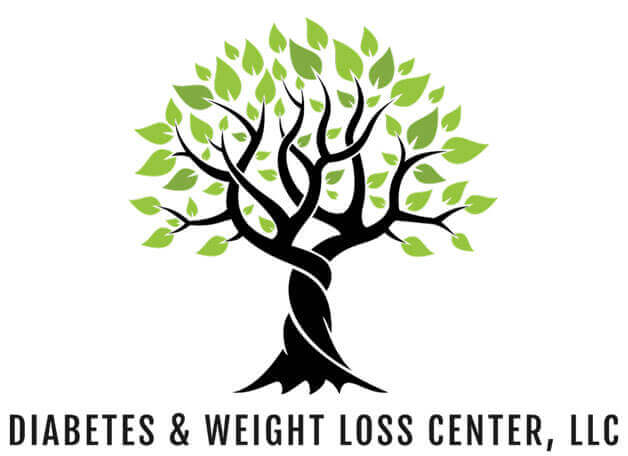What is Hyperlipidemia?
Hyperlipidemia, also commonly called high cholesterol, is a medical condition characterized by elevated levels of lipids (fats) in the bloodstream. These lipids include cholesterol and triglycerides. Understanding is crucial because hyperlipidemia causes various cardiovascular diseases. At the Diabetes & Weight Loss Center, we specialize in diagnosing hyperlipidemia and offering comprehensive high cholesterol management services to help our patients achieve better heart health.
Hyperlipidemia Symptoms
Hyperlipidemia signs and symptoms are often asymptomatic, meaning it may not present noticeable symptoms. However, in some cases, individuals with severely elevated lipid levels may experience:
- Xanthomas: Fatty deposits under the skin, usually around the eyes or on the hands and feet.
- Tendinous Xanthomas: Fatty deposits on tendons, which can affect joint movement.
- Chest Pain: Angina or chest discomfort may occur if high lipid levels lead to atherosclerosis (hardening and narrowing of the arteries).
- Pancreatitis: Severe hyperlipidemia can contribute to pancreatitis, which causes abdominal pain and digestive problems.
- Corneal Arcus: A white or grayish ring may form around the cornea of the eye in cases of severe hyperlipidemia. This is known as corneal arcus and can be a visible sign of lipid abnormalities.
- Memory or Cognitive Changes: Some research suggests a potential link between high cholesterol levels and cognitive impairment or memory problems, although the relationship is complex and not fully understood.
- Gallstones: High levels of cholesterol in the bile can contribute to the formation of gallstones, which can cause abdominal pain, bloating, and digestive discomfort.
Hyperlipidemia Treatment Options
Management after a hyperlipidemia diagnosis focuses on reducing lipid levels to lower the risk of cardiovascular disease. Treatment strategies include:
Adopting a heart-healthy lifestyle is essential and includes:
- Dietary Changes: Reducing saturated fats and trans fats, increasing fiber intake, and incorporating more fruits, vegetables, and whole grains.
- Regular Exercise: Engaging in regular physical activity to improve lipid profiles and overall cardiovascular health.
- Weight Management: Achieving and maintaining a healthy weight.
- Smoking Cessation: Quitting smoking, as it can raise lipid levels and increase the risk of heart disease.
When lifestyle changes alone are insufficient, healthcare providers may prescribe lipid-lowering medications, such as:
- Statins: These drugs lower LDL cholesterol levels and reduce the risk of heart disease.
- Fibrates: Fibrates primarily target triglycerides and may be prescribed if triglyceride levels are significantly elevated.
- Bile Acid Sequestrants: These medications help lower LDL cholesterol.
- PCSK9 Inhibitors: A newer class of medications that can lower LDL cholesterol levels when other treatments are ineffective.
It is strongly recommended that individuals diagnosed with hyperlipidemia prioritize the scheduling of routine blood tests aimed at monitoring lipid levels. These periodic assessments serve the dual purpose of closely tracking the efficacy of treatment measures and ensuring the ongoing management of hyperlipidemia, which is essential for reducing the risk of cardiovascular complications and promoting overall heart health.
Start Your Personalized High Cholesterol Management Plan with Dr. Adriel Perez in Oviedo, FL Today!
At the Diabetes & Weight Loss Center, we offer comprehensive care for individuals with hyperlipidemia, focusing on personalized high cholesterol management plans that address their unique needs and risk factors. Proper management of hyperlipidemia is essential for reducing the risk of heart disease and other cardiovascular complications. Contact our experienced provider for a professional medical opinion at Diabetes & Weight Loss Center in Oviedo, Florida, at (407) 890-1876. You can also use our online appointment request form to schedule your appointment.


